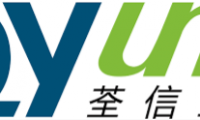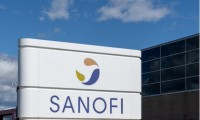-
UK lung cancer study demonstrates further evidence on importance of CT screening
- Source: drugdu
- 84
- May 24, 2024
-
Blackstone Unveils Immunology Startup With $300M and a Phase 2-Ready Drug From Merck
- Source: drugdu
- 77
- May 17, 2024
-
New heart disease calculator more accurately predicts patients’ risk of CVDs
- Source: drugdu
- 104
- April 28, 2024
-
Qyuns Therapeutics passed the IPO hearing on the Main Board of the Hong Kong Stock Exchange
- Source: drugdu
- 100
- February 28, 2024
-
Regeneron and Sanofi’s Dupixent bags fifth drug label in Japan
- Source: drugdu
- 150
- February 19, 2024
-
Will the real standard of care please stand up?
- Source: drugdu
- 89
- February 5, 2024
-
J&J, AZ/Daiichi Sankyo cancer therapies lead Clarivate’s annual rundown of notable new meds
- Source: drugdu
- 151
- January 19, 2024
-
Big Pharma reworks China strategy, and job cuts are part of it
- Source: drugdu
- 195
- December 27, 2023
-
Sanofi/Regeneron’s Dupixent shows promise in chronic obstructive pulmonary disease
- Source: drugdu
- 106
- November 29, 2023
-
Flagship-Founded Microbiome Company Evelo Biosciences Throws in the Towel
- Source: drugdu
- 171
- November 25, 2023
your submission has already been received.
OK
Subscribe
Please enter a valid Email address!
Submit
The most relevant industry news & insight will be sent to you every two weeks.













